The road to your new home may not always be smooth, but the right tools make the journey easier.
Moving is a big life event, and it can often feel like one of the most stressful tasks you’ll ever tackle.
Whether it’s a job relocation, a family move, or just a change of scenery, getting all your belongings from one place to another requires careful planning and the right resources.
According to the American Moving & Storage Association, nearly 40 million people in the U.S. relocate each year, with over 10 million moving specifically because of a job change.
The logistics of moving are no joke, and that's where renting a trailer for moving comes into play as a smart, budget-friendly choice.
Renting a trailer for your move is an excellent option if you want to save money without compromising on the convenience of transporting large items.
With rental companies offering competitive prices and a wide range of trailers, you have access to versatile tools that can make your move easier and more cost-effective.
According to a recent study, renting a trailer can save you up to 50% compared to hiring a full-service moving company.
But before you hitch up that trailer and hit the road, there are a few things you need to know.
It’s not just about finding a trailer rental near me—there are some key factors that you need to keep in mind.
What is Trailer Rental for Moving?
Renting a trailer is a popular option for individuals looking to move their belongings from one home to another.
Instead of hiring a professional moving company, you take on the responsibility of loading and transporting your items in a rented trailer.
It's a great option if you have a personal vehicle with the towing capacity to handle a trailer and want to save on moving costs.
In the U.S., moving trailers are available in various sizes, types, and configurations.
You can rent trailers for short trips or long-distance moves, depending on your needs.
Different Types of Trailers for Moving
There are several trailer options that may be suited to your moving needs.
Cargo Trailers
One of the most common types of trailers rented for moving is the cargo trailer rental for moving.
These trailers are fully enclosed and offer a secure space for your belongings. The enclosed design also helps protect your items from the elements, which is especially important if you're moving long distances.
Cargo trailers come in various sizes, ranging from 4'x8' to 6'x12', which means they can accommodate anything from boxes to larger furniture and appliances.
Tip: When renting a cargo trailer, check the weight limit. Overloading the trailer could damage both it and your car.
Utility Trailers
If you don’t mind your items being exposed to the open air, utility trailer rental for moving is another great option.
These trailers are ideal for carrying large or awkwardly shaped items such as furniture, bicycles, or lawn equipment.
Utility trailers tend to be more affordable than enclosed ones, but you'll need to secure your items with tie-downs or ropes to prevent them from shifting during transit.
Best Use: Utility trailers are good for short-distance moves or when bulky, but weather-resistant items need to be transported.
Flatbed Trailers
Another option to consider is the flatbed trailer rental for moving.
These are open trailers that are particularly useful for hauling large, heavy items, such as cars, heavy machinery, or oversized furniture that doesn’t fit easily into enclosed trailers.
Flatbed trailers are used for commercial purposes, but they can also be a great choice for personal moves, especially when large items need to be transported safely.
Note: Because flatbed trailers have no sides or roofs, make sure you are prepared to tie down your load properly.
Enclosed Trailers for Long Distance Moves
If you're planning a long-distance move, an enclosed trailer rental for moving is your best bet.
These trailers provide more protection for your belongings and reduce the risk of damage from road debris, weather, and theft.
When choosing an enclosed trailer, make sure it’s large enough to hold all your items and that it comes with adequate tie-down points.
Key Factors to Consider When Renting a Trailer for Moving
When you're ready to rent a trailer for your move, there are several important considerations to keep in mind:
Trailer Size and Capacity
It is compulsory to choose the right trailer size.
Rent a trailer that is large enough to fit all your items but not so large that you're paying for space you don’t need.
A 4’x8’ cargo trailer might be good for moving a small apartment or just a few large pieces of furniture.
A 6’x12’ enclosed trailer is better suited for a larger house or multiple rooms' worth of belongings.
Towing Capacity
Before you rent a trailer, make sure your vehicle is capable of towing it. This means checking your car's tow rating and making sure the trailer's weight doesn’t exceed your car's maximum towing capacity.
For example, compact cars may not be able to tow large trailers, but trucks, SUVs, and some vans typically have higher towing capacities.
If your car cannot handle a larger trailer, you may need to rent a smaller utility trailer for moving.
Rental Costs
Cost is a major factor in any move. Renting a trailer is usually more affordable than hiring professional movers, but the cost can still depend on the trailer type, size, and rental duration.
Short-Term Rental: If you’re renting for just a day or two, it’s typically less expensive.
Long-Term Rental: Some companies offer discounts for longer rental periods, so if you're planning a long-distance move, consider this option to save on rental costs.
Make sure to compare prices from different rental companies to ensure you're getting the best deal.
Insurance and Protection
While renting a trailer, you’ll want to consider purchasing insurance to cover potential damages.
Most rental companies offer basic insurance options, but you may want to invest in additional protection for peace of mind.
Where to Find Trailer Rentals for Moving
When you begin your search for a trailer rental near me, it's important to know which companies offer the best services and their availability.
Below are some of the top trailer rental companies in the U.S.:
U-Haul: It is known for its widespread availability and is a leader in trailer rentals. They offer various trailer sizes, including cargo trailer rental for moving, utility trailers, and even flatbed trailers.
Penske Truck Rental: Penske is another reputable name in the trailer rental business. They offer long-term trailer rental for moving, which can be beneficial for those planning cross-country moves.
Budget Truck Rental: Budget also offers competitive prices on moving trailers, particularly if you’re looking for a more affordable option for short-distance moves.
How Much Does It Cost to Rent a Moving Trailer?
When it comes to moving, cost is often one of the most significant factors in decision-making.
Renting a moving trailer is generally more affordable than hiring a full-service moving company, but the cost will depend on several factors, such as trailer size, rental duration, distance, and additional services or insurance.
Trailer Rental Costs by Size
The size of the trailer you choose directly impacts the rental cost.
Larger trailers generally cost more to rent, but you may need one if you have a larger home or more items to move.
Most trailer rental companies offer trailers in various sizes, from small utility trailers to larger enclosed cargo trailers.
Below is a breakdown of typical rental costs for each type of trailer based on a one-way rental for local moves.
| Trailer Type | Size (L x W) | Average Daily Cost | Average Weekly Cost | Average One-Way Cost (for 50-100 miles) |
|---|---|---|---|---|
| Utility Trailer | 4' x 7' | $15 - $30 | $60 - $90 | $40 - $100 |
| Cargo Trailer | 5' x 8' | $20 - $40 | $70 - $130 | $50 - $130 |
| Enclosed Trailer | 6' x 12' | $30 - $60 | $100 - $180 | $75 - $160 |
| Flatbed Trailer | 6' x 12' | $25 - $50 | $80 - $150 | $60 - $140 |
| Car Trailer (for vehicle) | 8' x 16' | $40 - $70 | $150 - $250 | $100 - $200 |
Rental Duration and Costs
Rental companies typically offer three main options for how long you can rent a trailer:
Daily Rental: This is the most common rental option for local moves. You pay a set fee for each day you use the trailer.
Average Daily Rental Cost: $15 to $70, depending on trailer size and type.
Weekly Rental: A more economical option if you're planning a longer move. Renting for a week often provides a better value than renting day-by-day.
Average Weekly Rental Cost: $60 to $250, depending on the trailer type and size.
One-Way Rental: If you’re moving across state lines or to another city, you might opt for a one-way rental. This typically includes a drop-off fee at the destination and may also include additional mileage costs.
Average One-Way Rental Cost: $50 to $200, based on the distance and trailer size.
Additional Costs to Consider
Beyond the basic rental cost, there are several additional factors that can affect the total price of renting a trailer.
These can include:
Mileage Fees:
Many rental companies include a set mileage amount in the rental price, but if you exceed that limit, additional mileage fees will apply.
Typically, mileage fees are anywhere from $0.25 to $1.00 per mile after the free miles are used.
Insurance:
Basic Insurance: Most rental companies offer basic insurance coverage that protects you against damage to the trailer. This can cost anywhere from $10 to $30 per day.
Damage Protection Plans: If you want more extensive protection, you can purchase additional coverage, which typically costs $15 to $50 per day.
Liability Insurance: Some rental companies offer liability coverage, which protects you in case you cause damage to someone else's property. This can cost anywhere from $10 to $30 per day.
Fuel Costs
Renting a trailer means you’ll be responsible for your own fuel costs. Depending on the type of vehicle you’re towing and the distance you’re traveling, this can add up.
On average, towing a trailer can decrease your fuel efficiency by 10% to 20%.
Hitch Rental or Setup
If you don’t have a hitch installed on your car, you’ll need to rent one. Hitch rental costs can range from $10 to $30 per day, depending on the size and type.
Deposit
Most trailer rental companies require a deposit before renting the trailer. This typically ranges from $50 to $200, depending on the rental company and trailer size. The deposit is refundable if the trailer is returned undamaged and on time.
Cost Comparison for Popular Trailer Rental Companies
To help you make an informed decision, here's a quick cost comparison of trailer rental prices from some of the most popular companies:
| Rental Company | Trailer Type | Daily Rental Cost | Weekly Rental Cost | One-Way Rental (50-100 miles) |
|---|---|---|---|---|
| U-Haul | Utility Trailer | $15 - $30 | $60 - $90 | $40 - $100 |
| Cargo Trailer | $20 - $40 | $70 - $130 | $50 - $130 | |
| Enclosed Trailer | $30 - $60 | $100 - $180 | $75 - $160 | |
| Flatbed Trailer | $25 - $50 | $80 - $150 | $60 - $140 | |
| Car Trailer | $40 - $70 | $150 - $250 | $100 - $200 | |
| Penske | Utility Trailer | $20 - $40 | $70 - $120 | $50 - $120 |
| Cargo Trailer | $25 - $50 | $80 - $150 | $60 - $140 | |
| Budget Truck | Utility Trailer | $18 - $35 | $65 - $100 | $45 - $110 |
| Cargo Trailer | $25 - $45 | $80 - $140 | $55 - $140 |



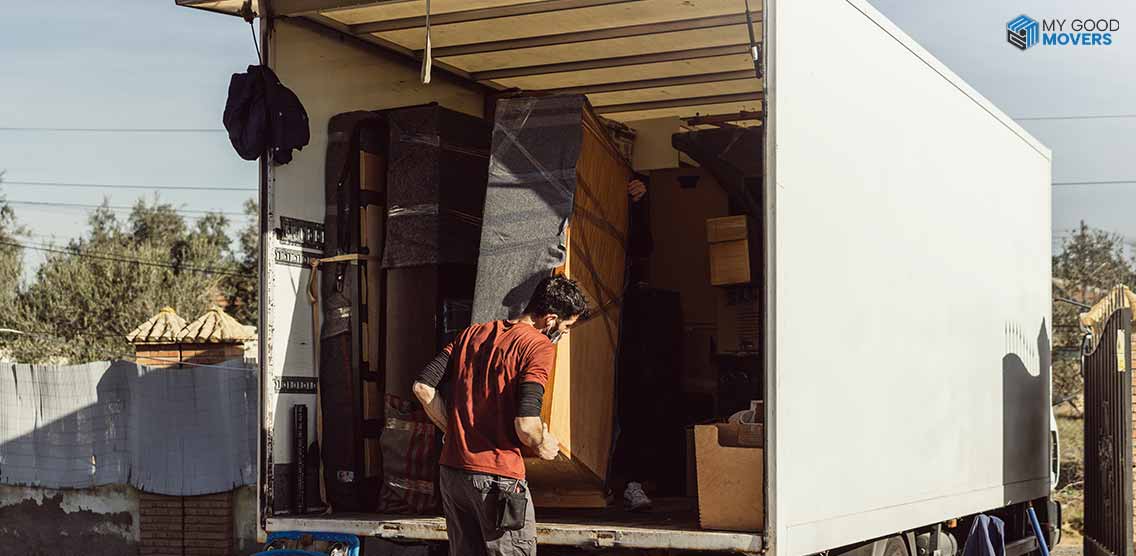















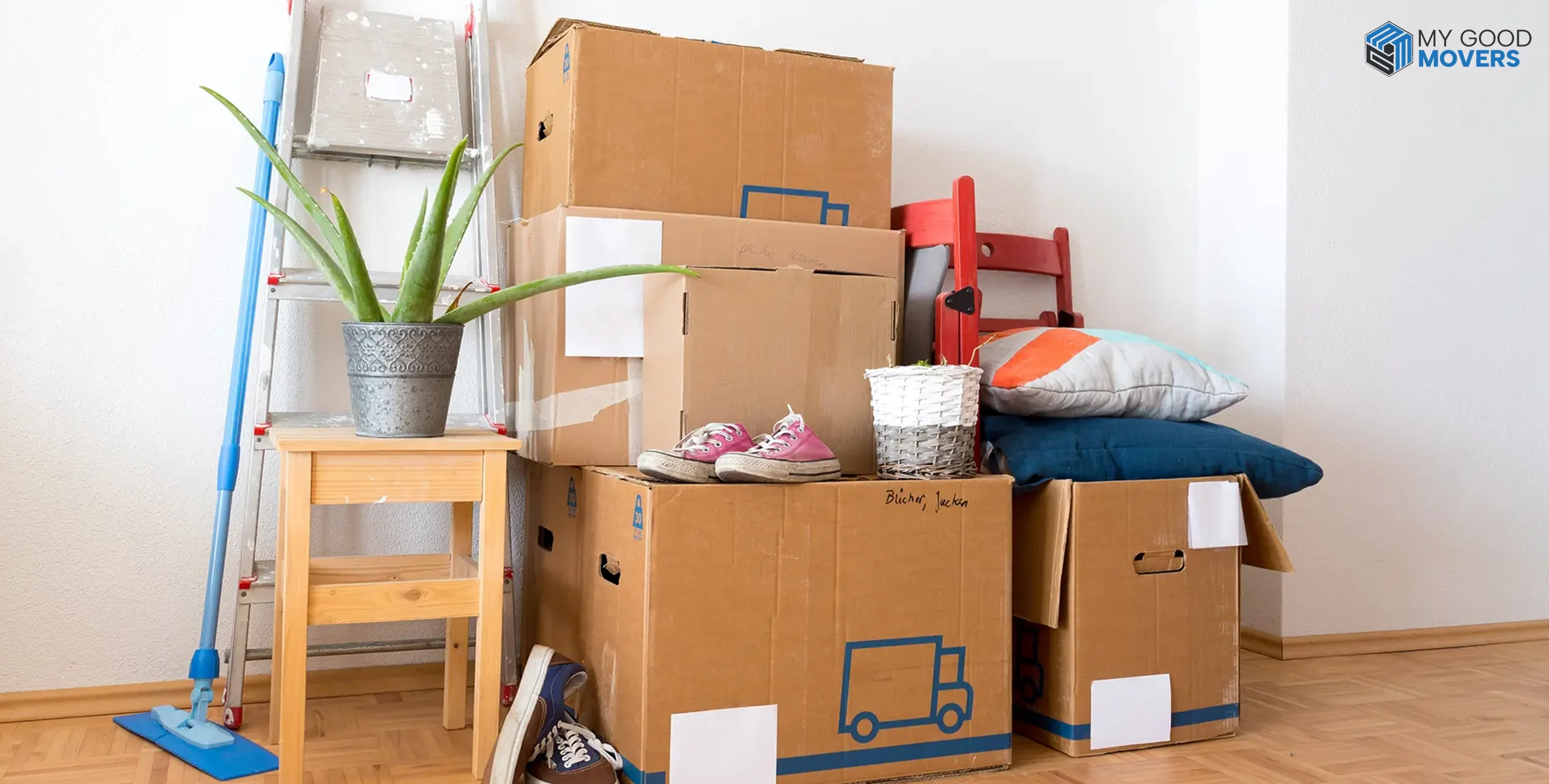
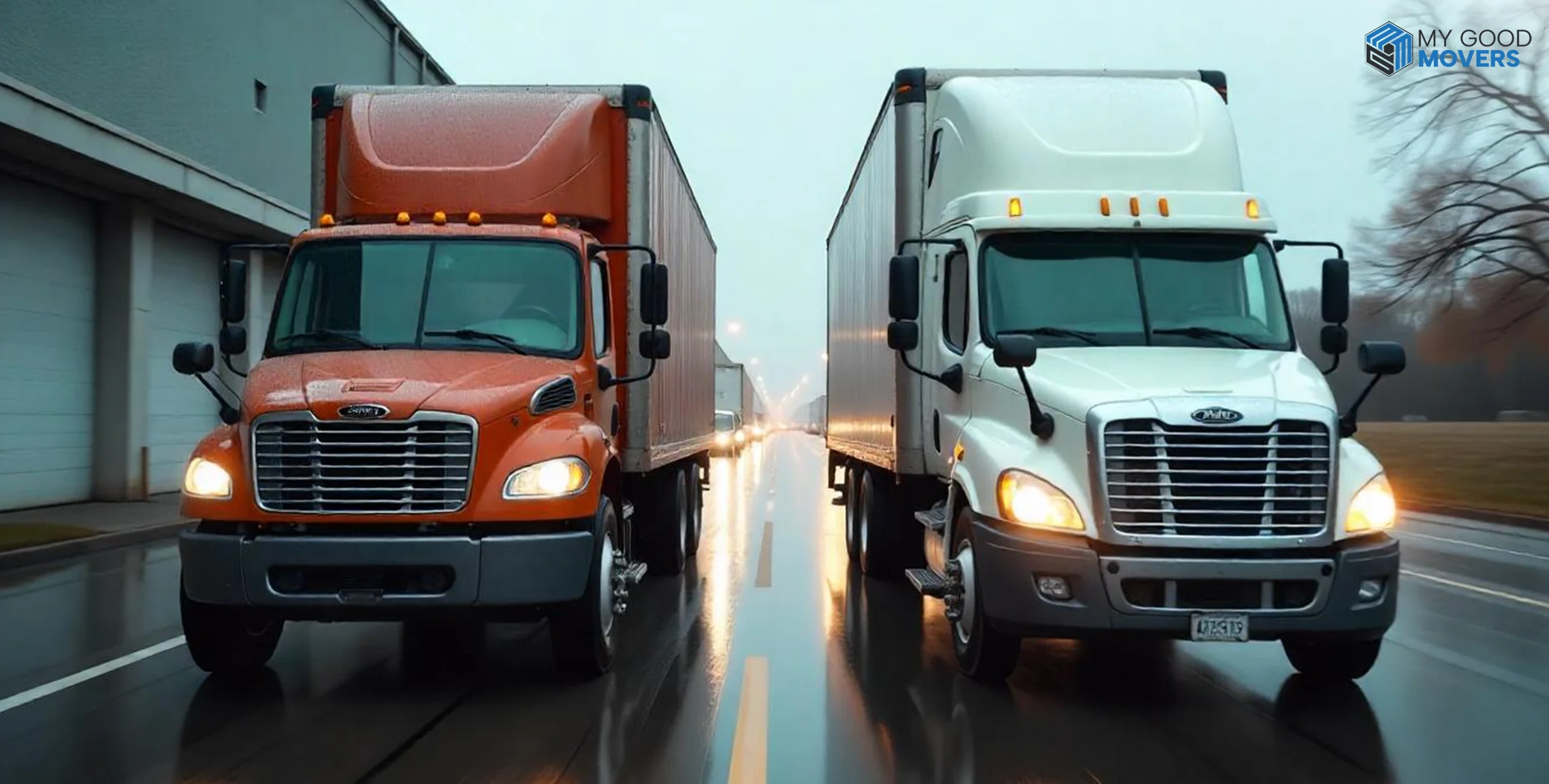


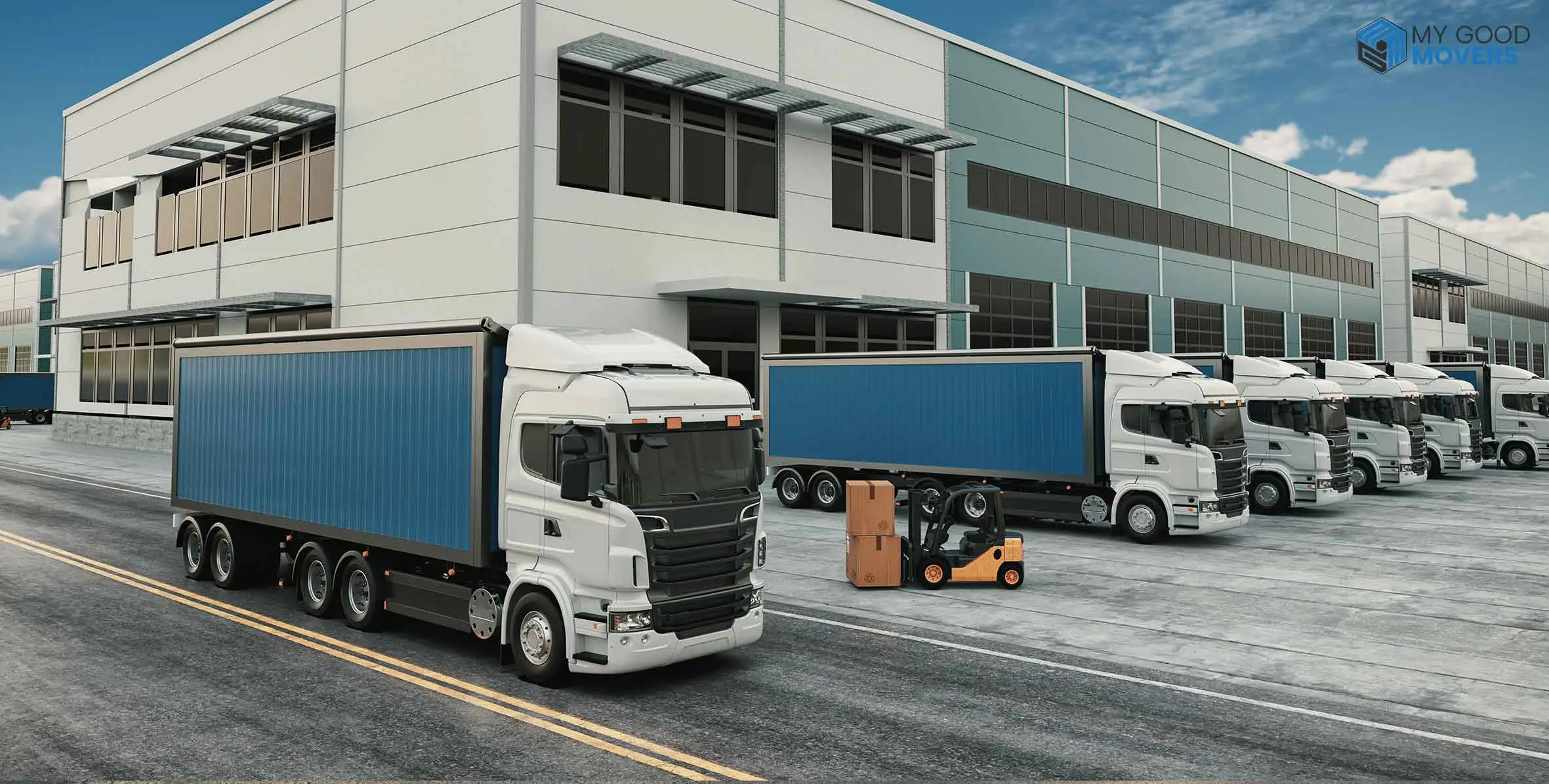





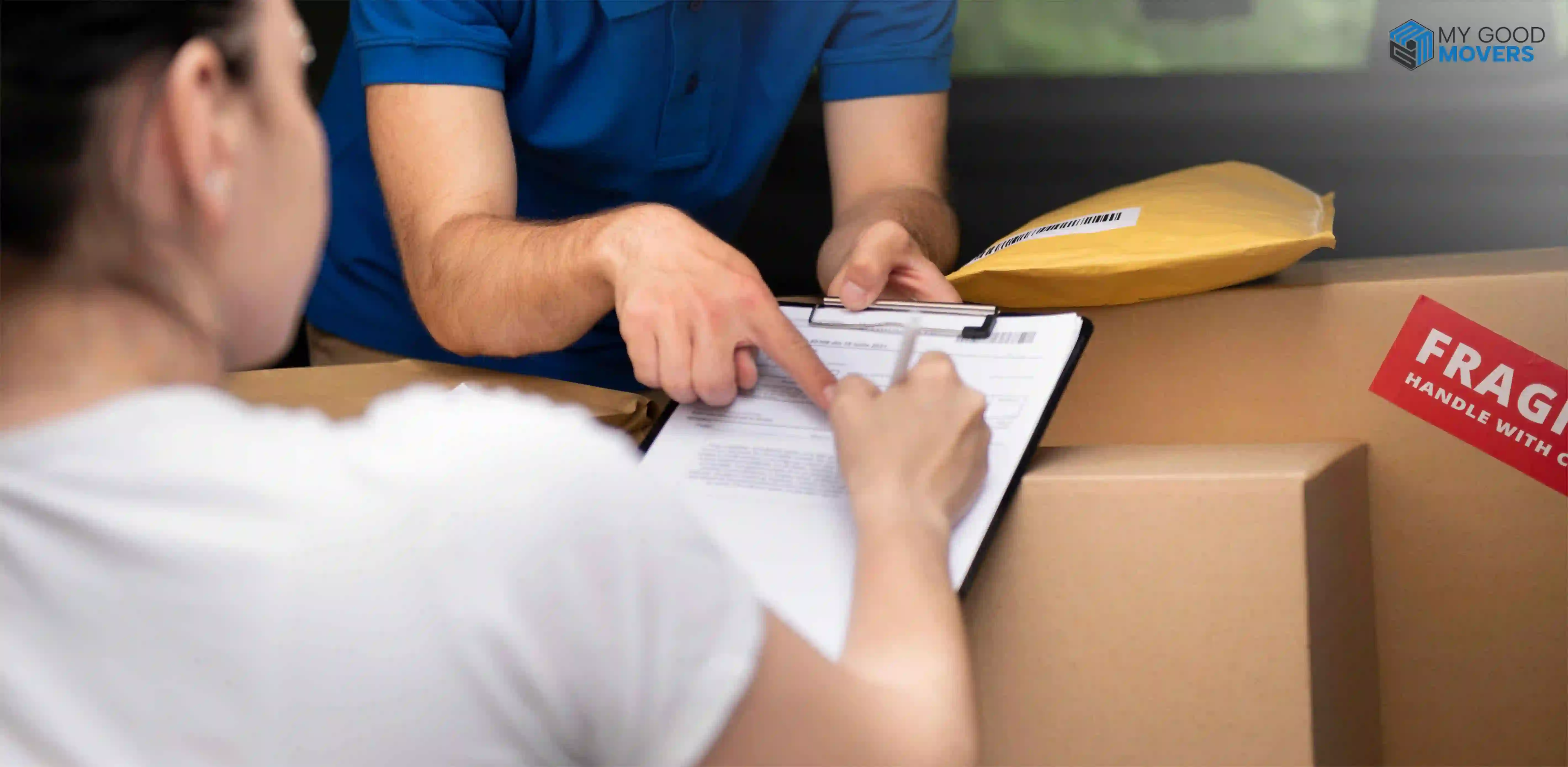











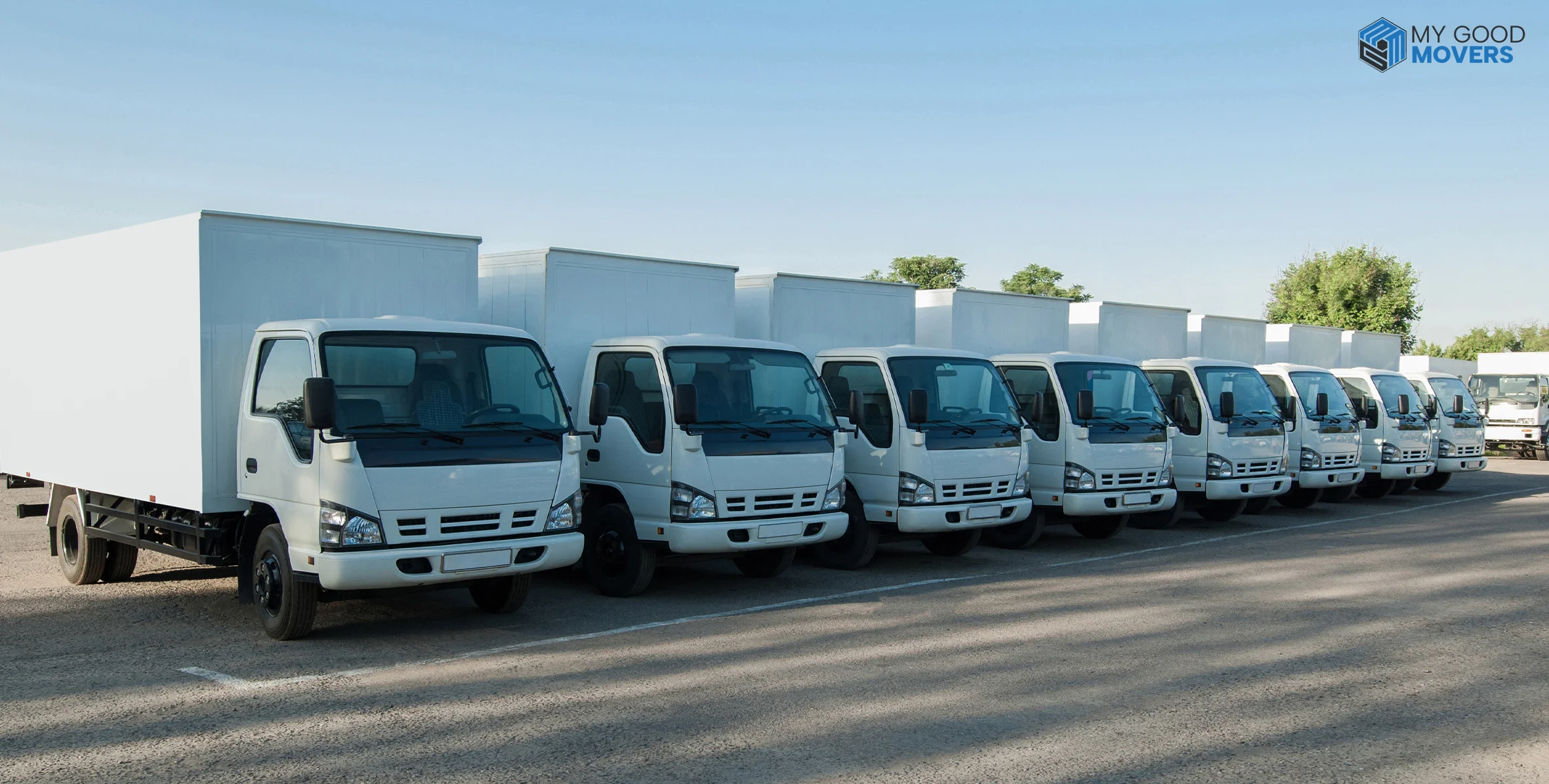













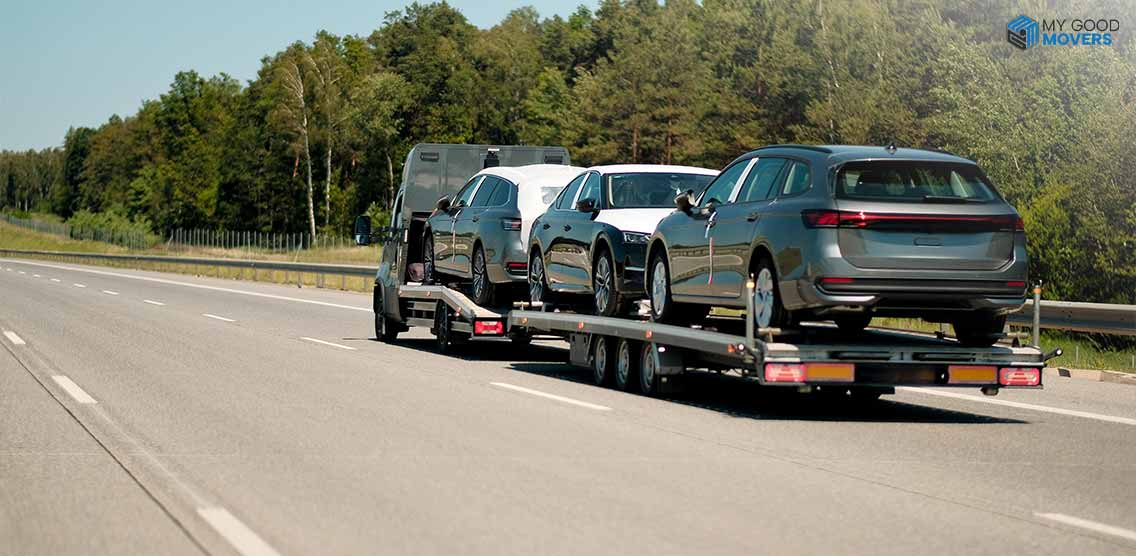




















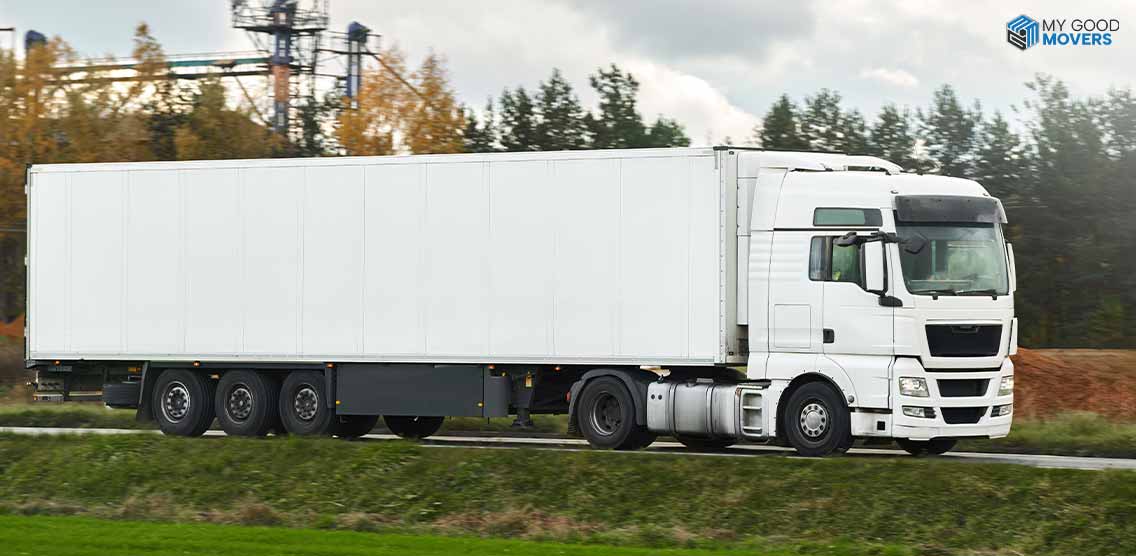






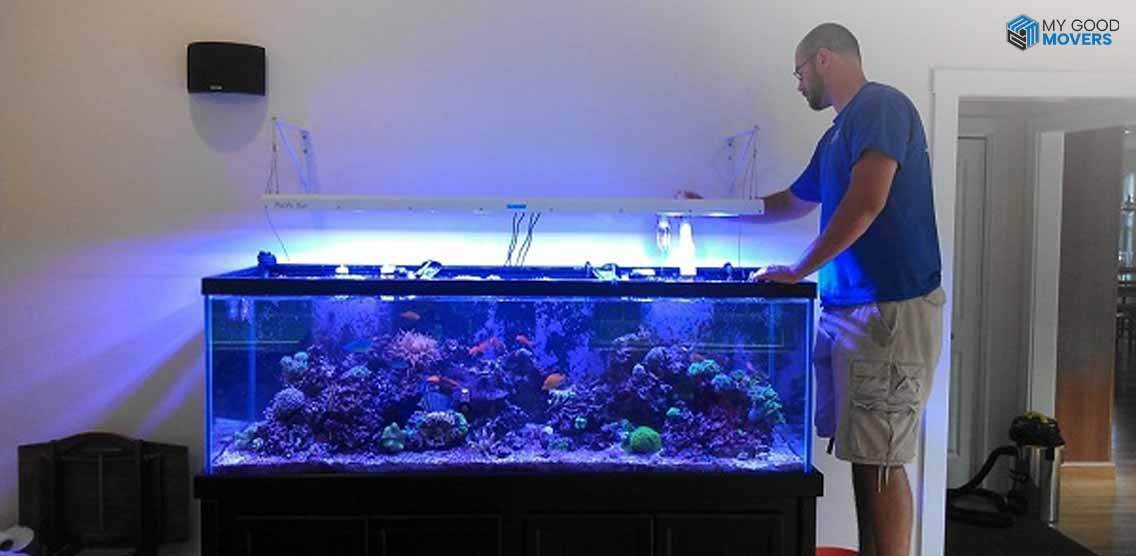
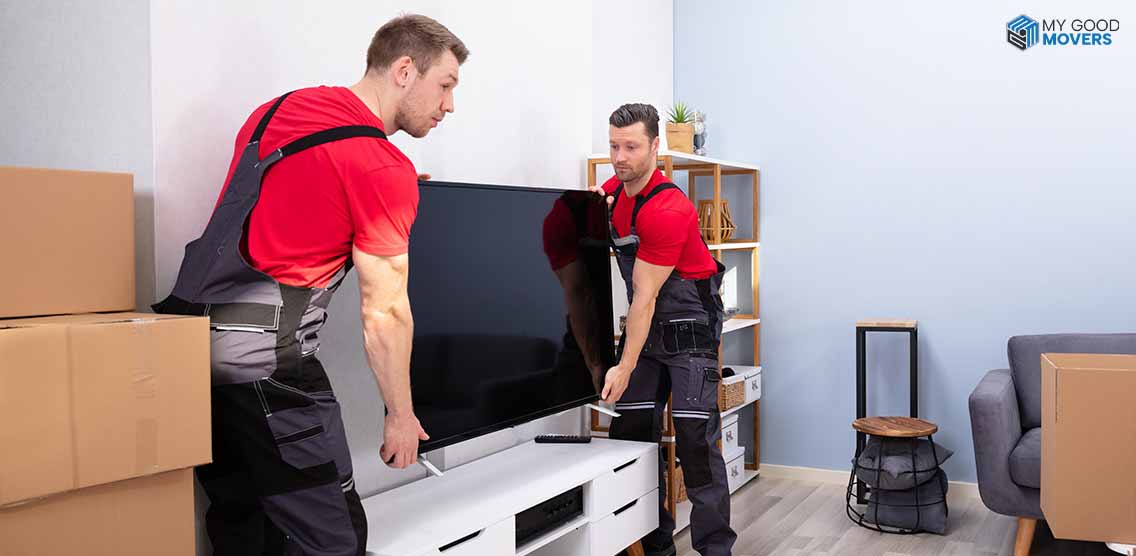





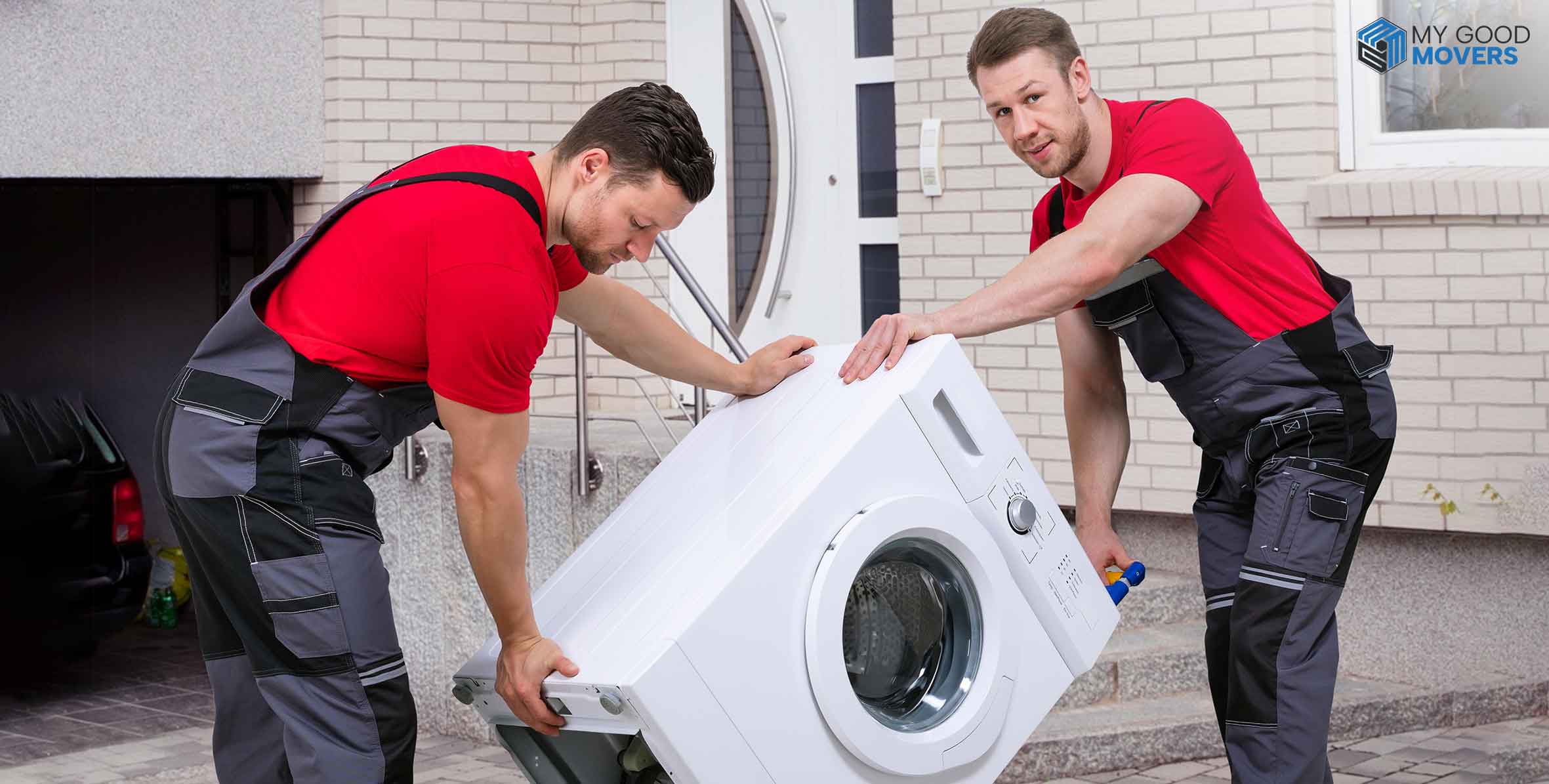
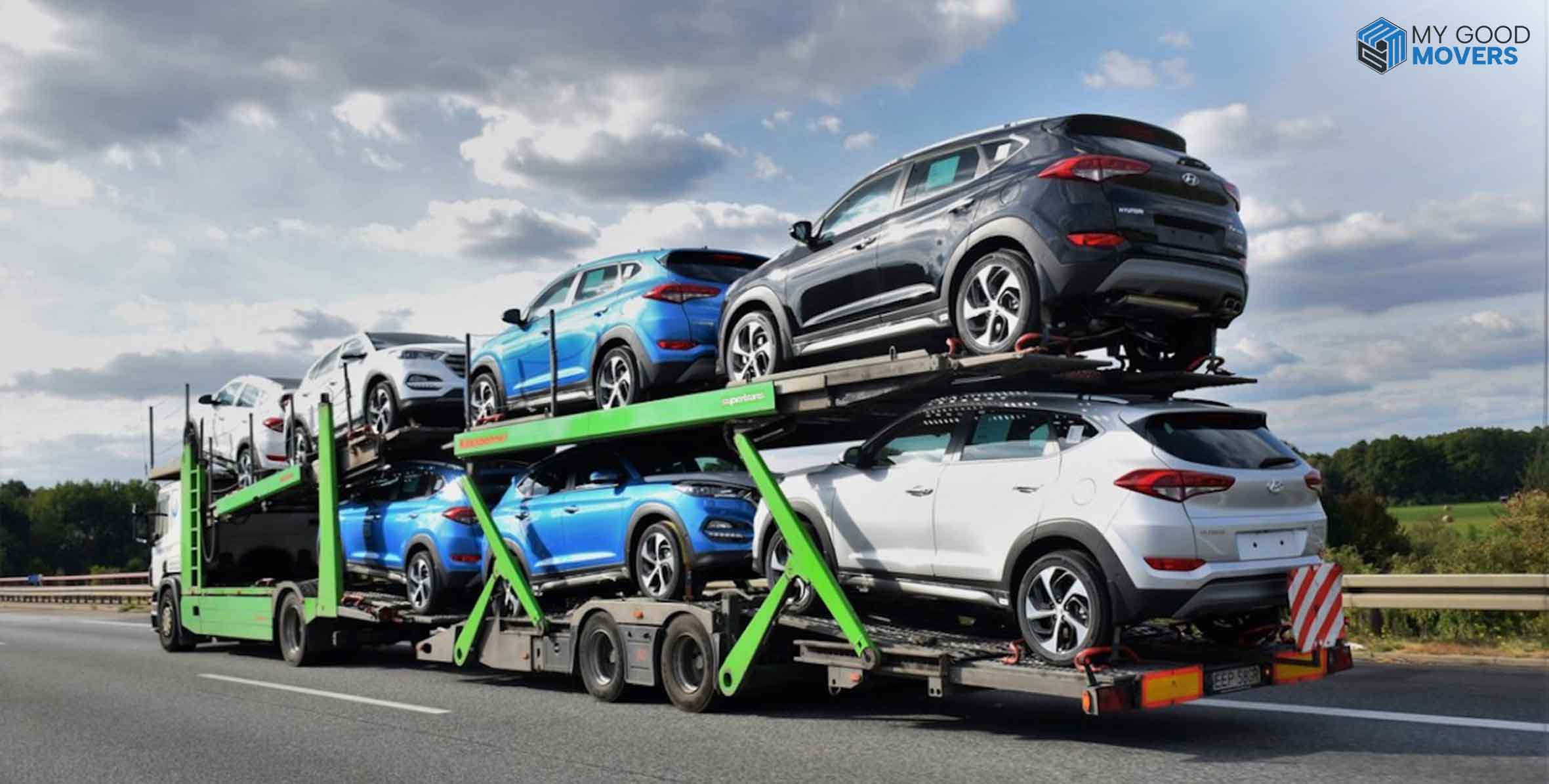




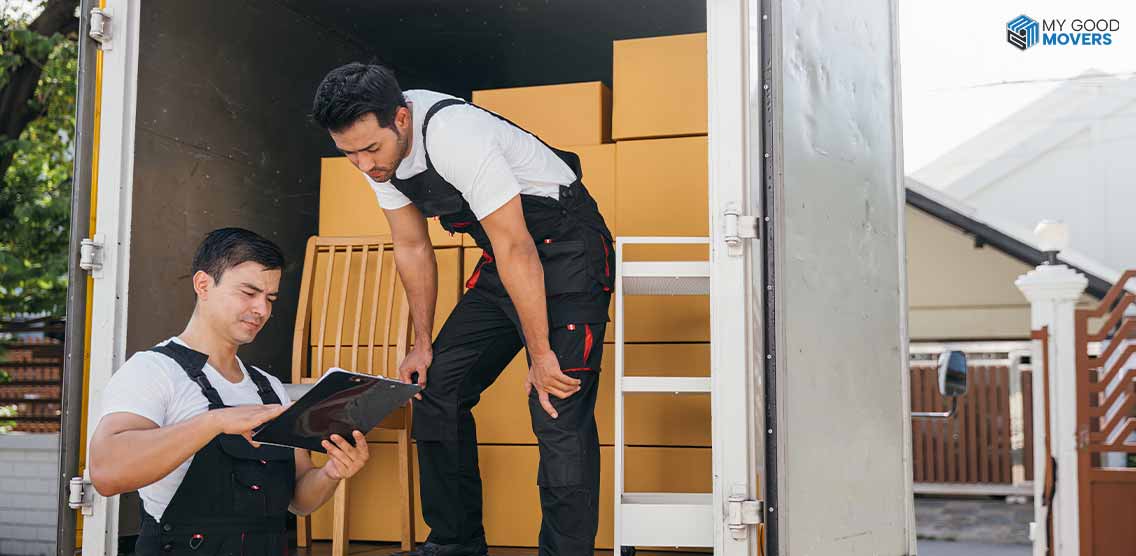

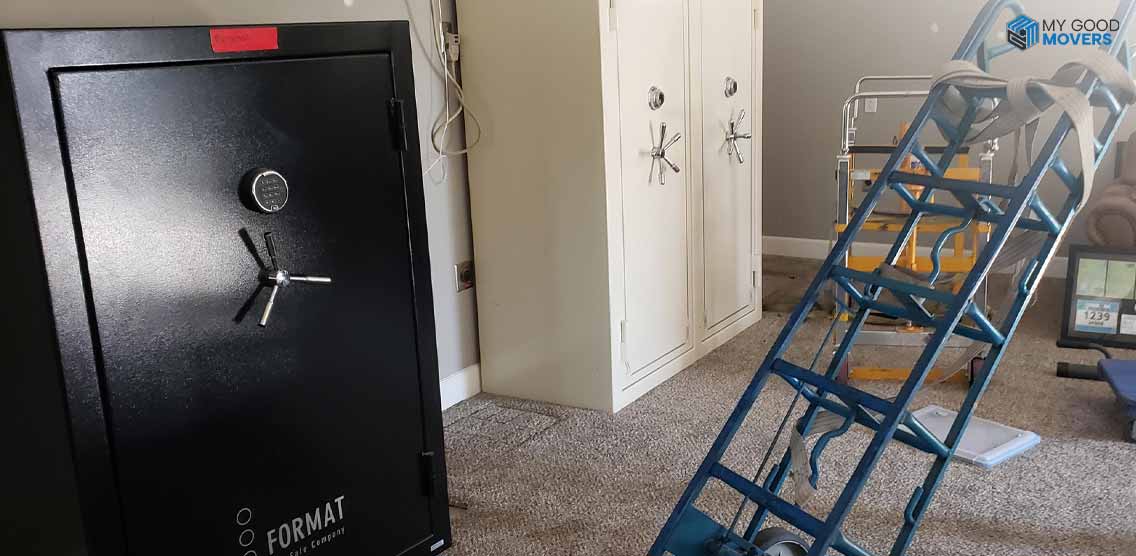









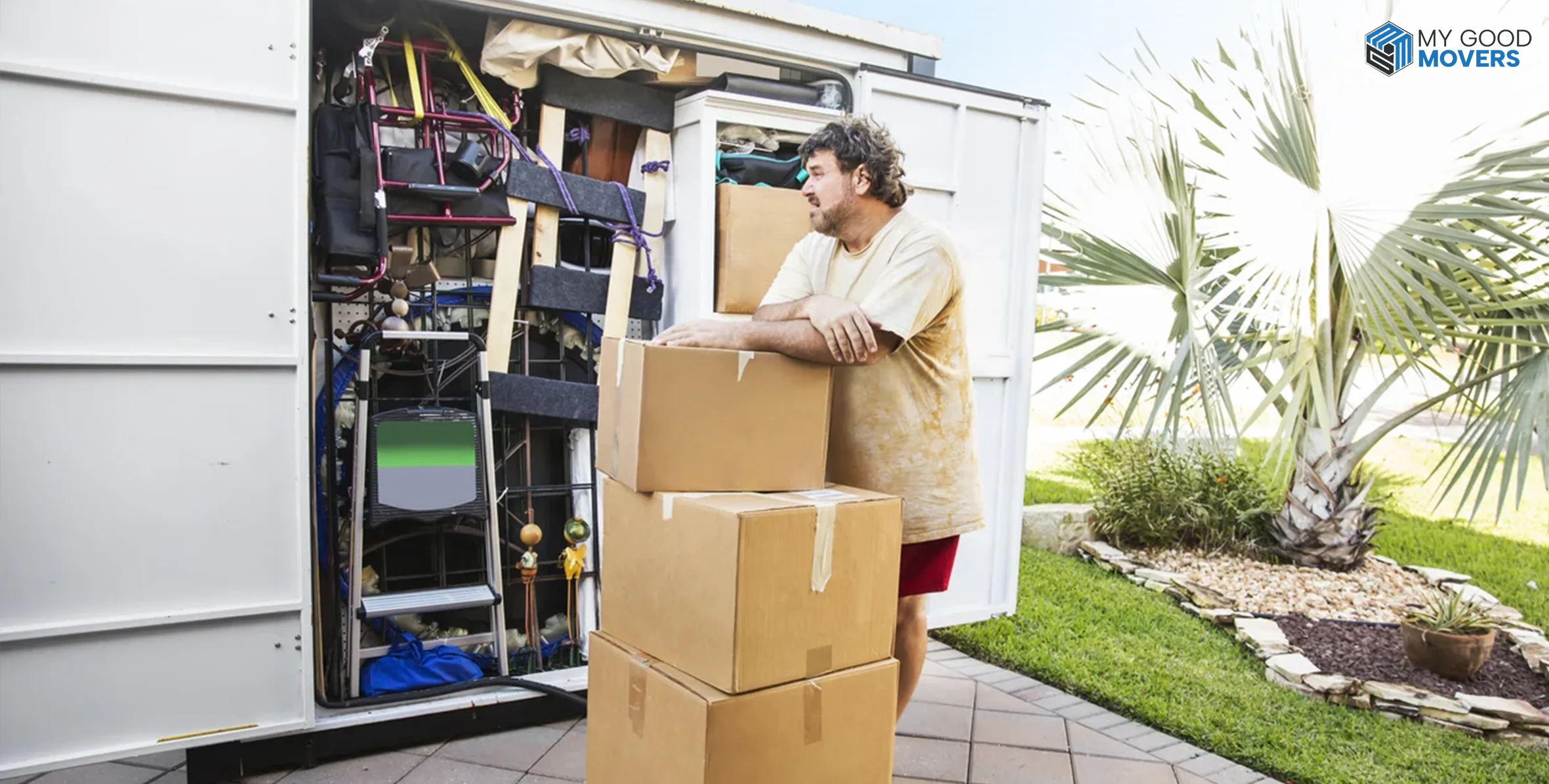
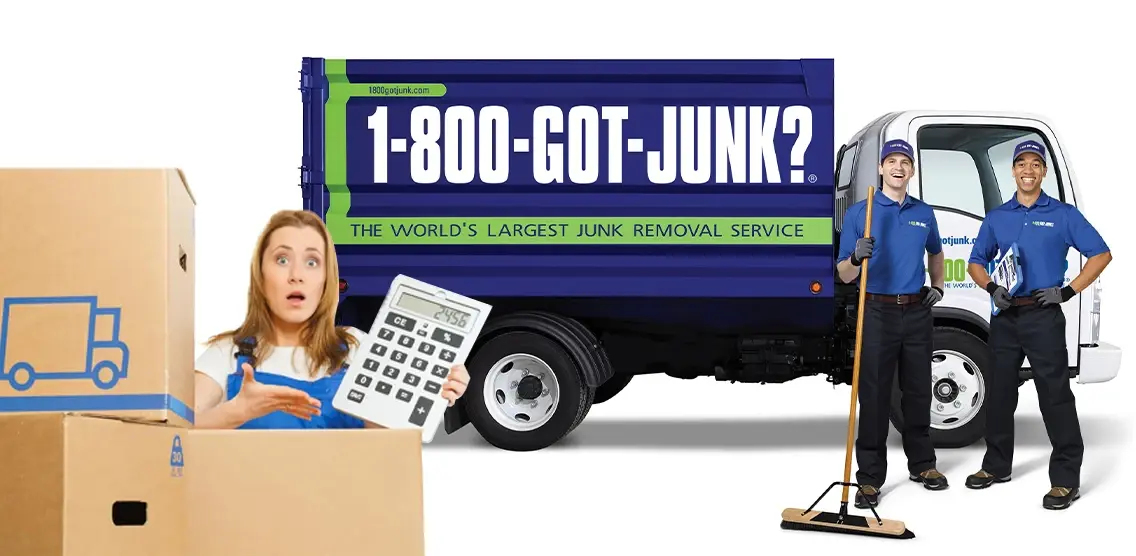
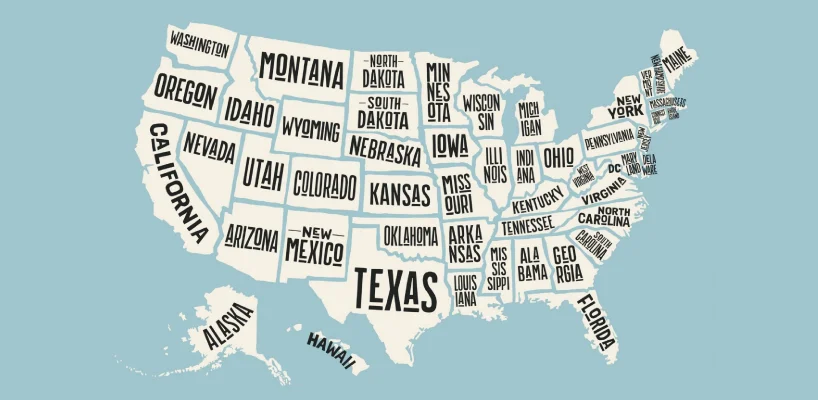





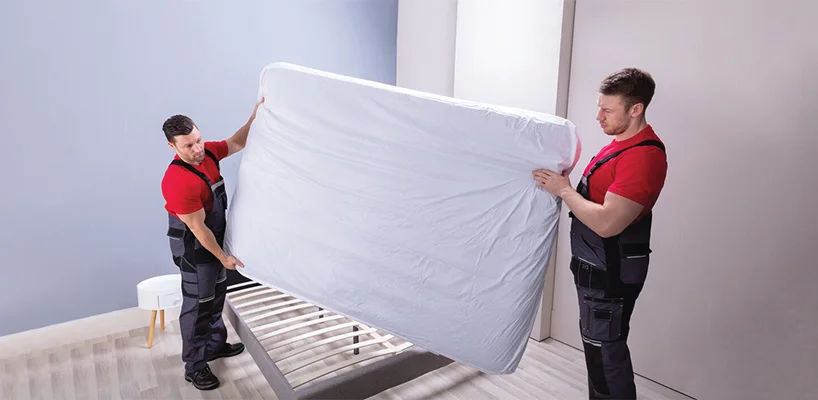
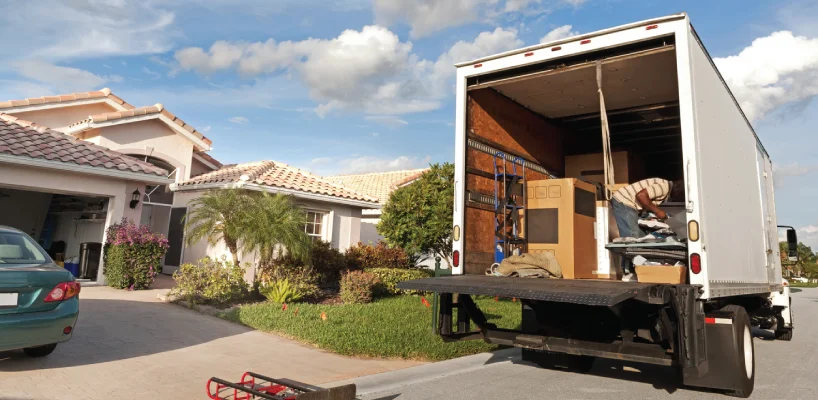




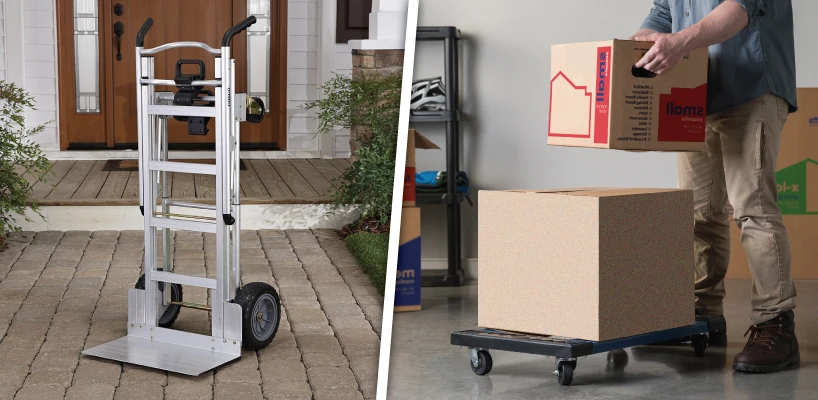
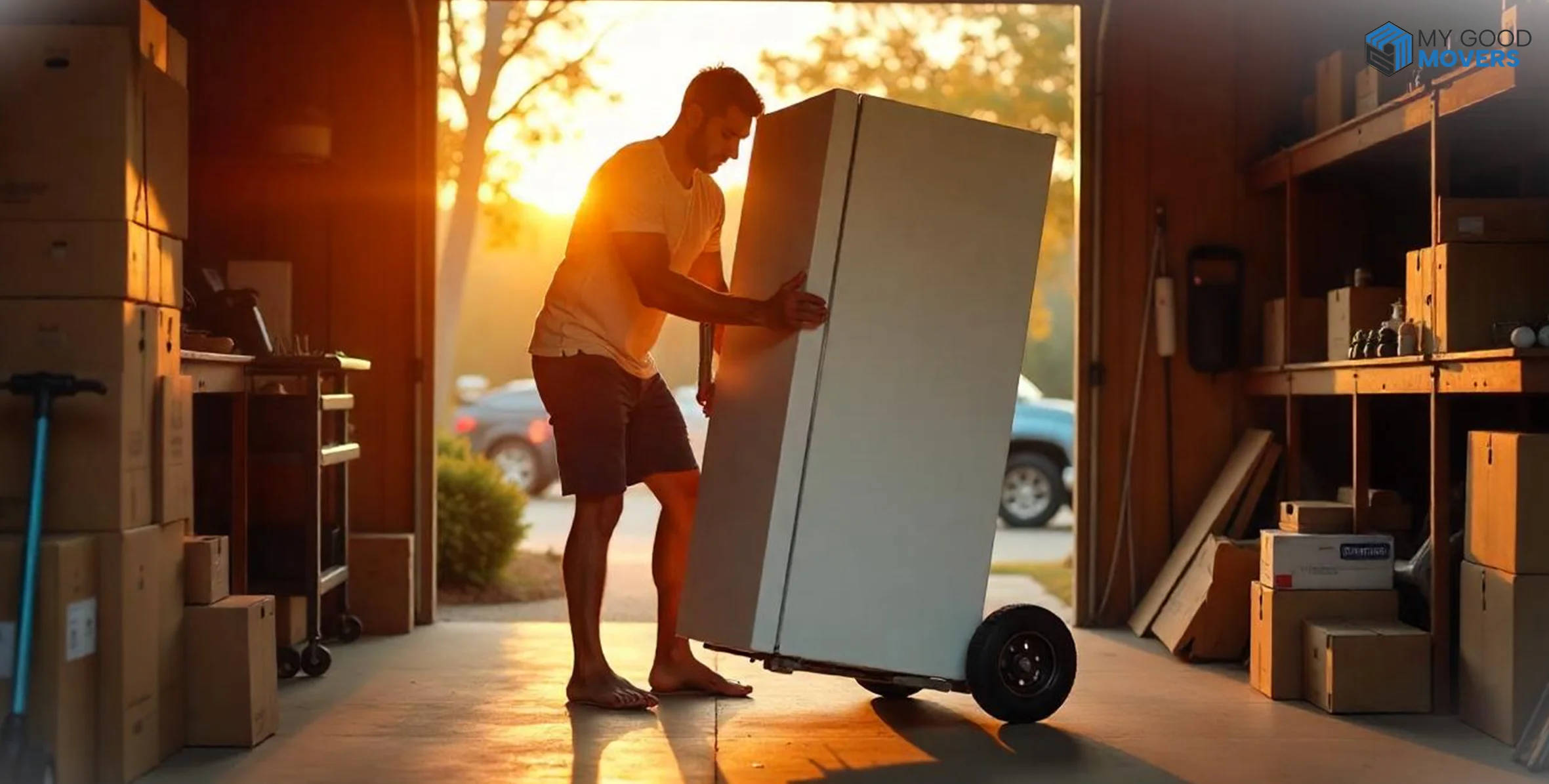
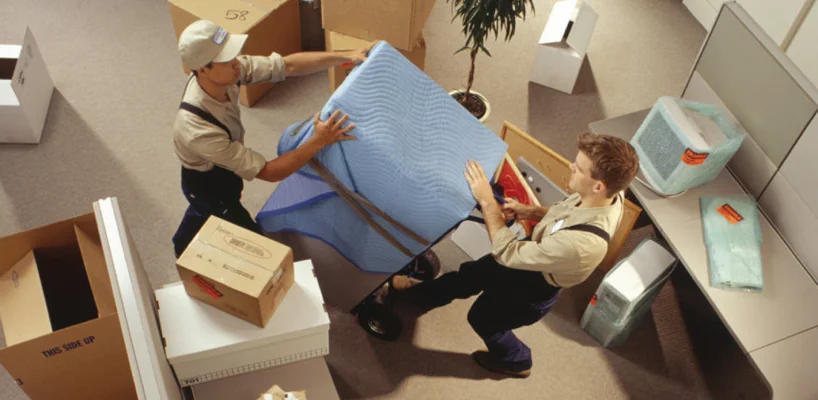
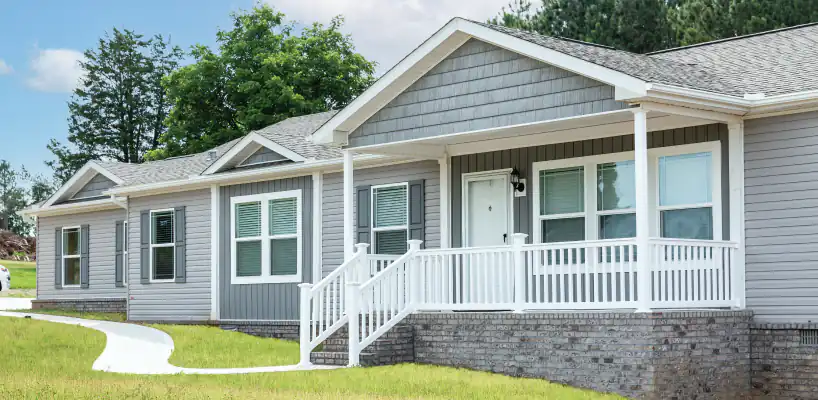

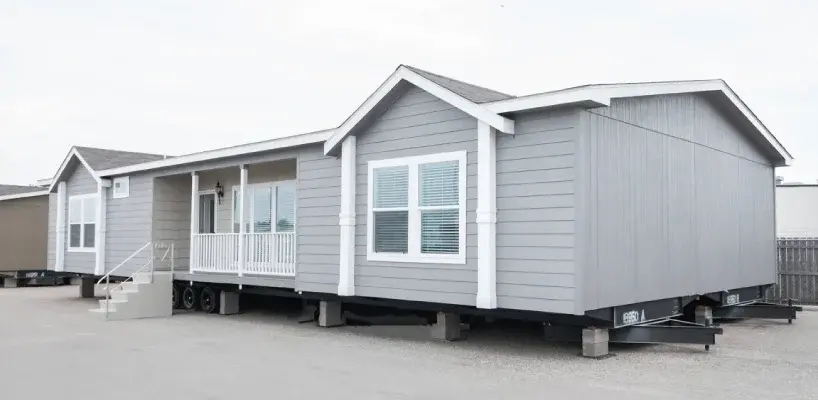


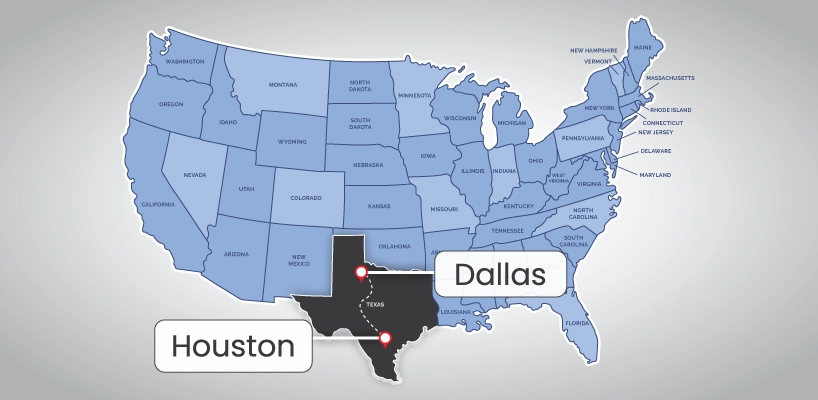


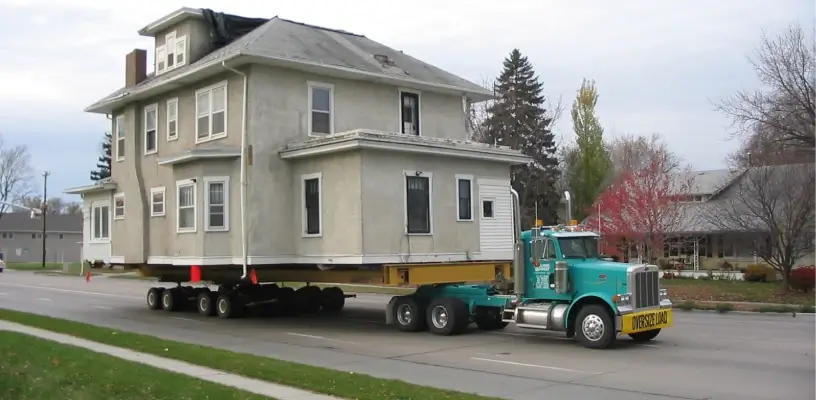
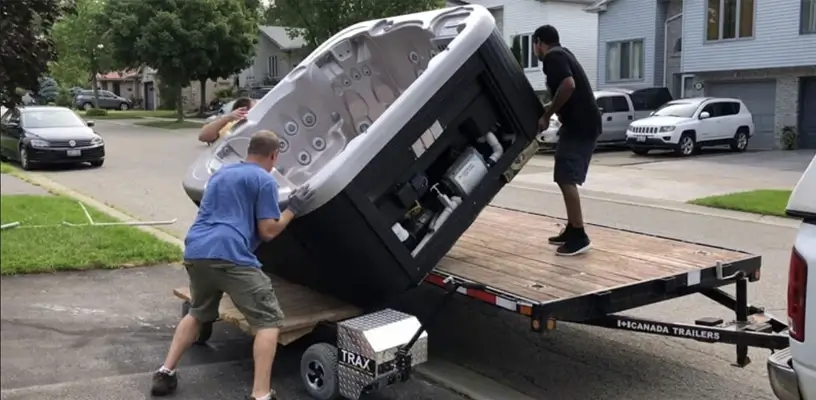




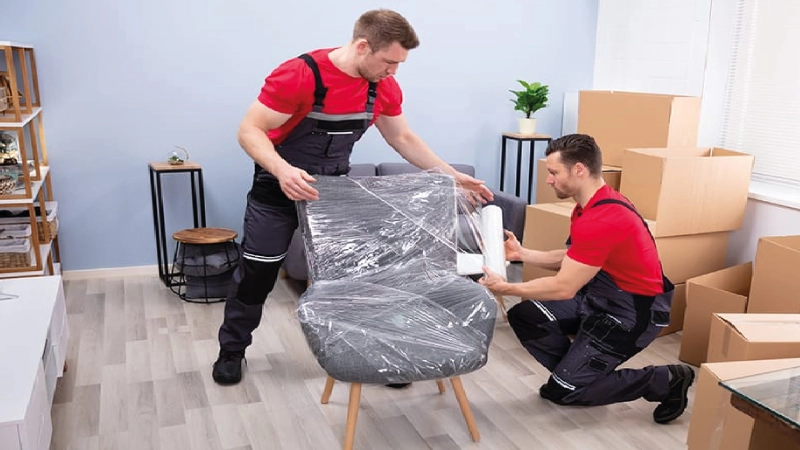

 (239) 799–6077
(239) 799–6077